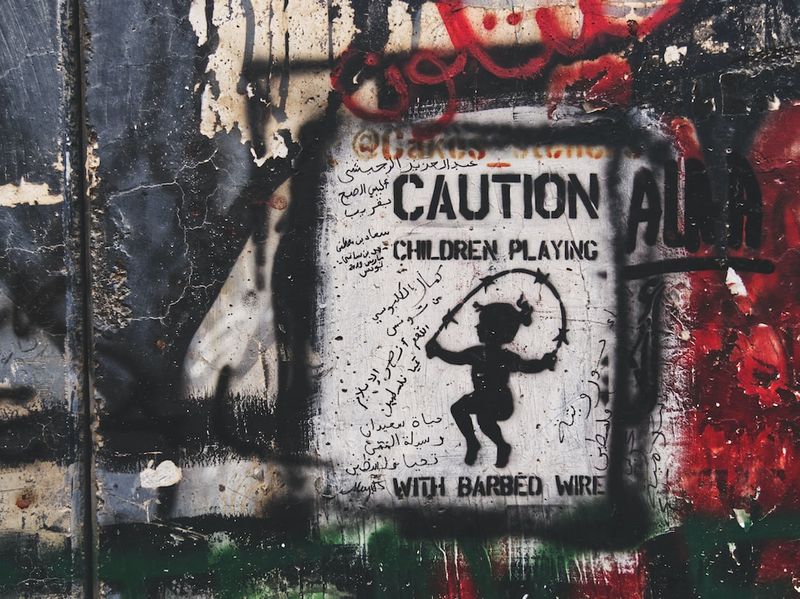Cluster Bombs: A Controversial Weapon in the US-Ukraine Conflict
The Ban on Cluster Munitions
Cluster munitions are a type of weapon that disperses multiple explosive bomblets over a wide area. These bomblets are intended to explode on impact, causing devastating damage to targets such as ground troops in trenches and fortified positions. However, a significant number of these bomblets fail to detonate upon impact and remain as dangerous “duds” on the ground. They can be triggered at a later date, causing harm to unsuspecting civilians who come into contact with them.
Due to their indiscriminate effects and the potential harm they pose to civilian populations, cluster munitions have been banned by more than 100 countries. The Convention on Cluster Munitions, an international treaty, prohibits the use and stockpiling of these weapons. The UK, France, and Germany are among the signatories of this treaty.
The Current Usage of Cluster Munitions
Both Russia and Ukraine have been using cluster munitions since the start of Russia’s invasion in February 2022. However, neither country has signed the Convention on Cluster Munitions. Human rights groups have condemned the use of cluster munitions, labeling them as “abhorrent” and even a war crime.
It is important to note that while Russia’s cluster munitions reportedly have a dud rate of 40%, meaning a significant number of bomblets remain hazardous on the ground, the US claims that their cluster bomblets have a dud rate of less than 3%. The US military has not signed the treaty banning cluster munitions and has previously criticized Russia’s extensive use of these weapons.
The US-Ukraine Controversy
The recent announcement that the US will comply with Ukraine’s request to supply them with cluster munitions has sparked controversy and criticism from human rights groups. Ukraine’s forces have been struggling with a shortage of artillery shells, which are crucial in their battle against the invading Russian forces.
In the static battlefronts of southern and eastern Ukraine, artillery plays a significant role in attempting to dislodge the Russian infantry from their defensive positions. With Western allies unable to replenish Ukraine’s artillery shell supplies at the required rate, Ukraine has turned to the US for assistance.
However, this decision has not been an easy one for Washington. Many Democrats and human rights advocates are strongly opposed to the use of cluster munitions due to their indiscriminate nature and the harm they can cause to civilian populations. The decision will likely undermine the moral standing of the US in the conflict, as it draws accusations of hypocrisy and raises concerns about a perceived split in the Western alliance.
The Ethical and Political Challenges
The use of cluster munitions raises significant ethical and political questions. While they may be effective in targeting dug-in ground troops, their indiscriminate nature poses a high risk to civilian populations. The fact that they have been banned by the majority of countries reflects the international community’s recognition of their potential harm.
As an influential player in international affairs, the US is facing a dilemma. On the one hand, it wants to support Ukraine in its effort to defend itself against Russian aggression. On the other hand, using a weapon that is widely seen as abhorrent could damage the US’s moral standing and undermine its alliances.
It is imperative for the US to carefully consider the long-term consequences of its decision and seek alternative ways to assist Ukraine without resorting to cluster munitions. This could involve providing additional conventional weaponry or working with allies to find diplomatic solutions to the conflict.
If the US is to be a leader in upholding international laws and values, it must navigate this complex situation with a focus on minimizing harm to civilians and promoting peaceful resolutions.

<< photo by Alex Green >>
The image is for illustrative purposes only and does not depict the actual situation.
You might want to read !
- Robodebt Scheme Exposed: Unveiling the Final Report of the Royal Commission
- Robodebt Report Findings: Bill Shorten Applauds Long-Awaited Vindication
- From Netminder to Nightmare: Edwin van der Sar’s Intensive Battle for Survival
- “Anticipation and Analysis: The Upcoming Lock-In of Australian PM Anthony Albanese’s Visit to China”
- What Joe Biden Left Unsaid: Unspoken Words to Narendra Modi
- “Fair Play or Political Protest? New Zealand Walks Off Mid-Game against Qatar”
- Did US Influence Play a Role in Greece’s Eurozone Membership Extension?
Title: Unveiling the Potential US Influence: Did More US Bases Secure Greece’s Stay in the Eurozone?
- Vietnam Takes a Stand: Controversial Barbie Movie Banned for South China Sea Map
- Blood on the Streets: France in Turmoil as Protests Turn Violent
- “Aussie Minister Takes a Swing at Trump Jr.: The Battle of the Big Babies”
- Meta throws down the gauntlet with the launch of its Threads app




